Private Relay Review: Better or Worse Than a VPN?
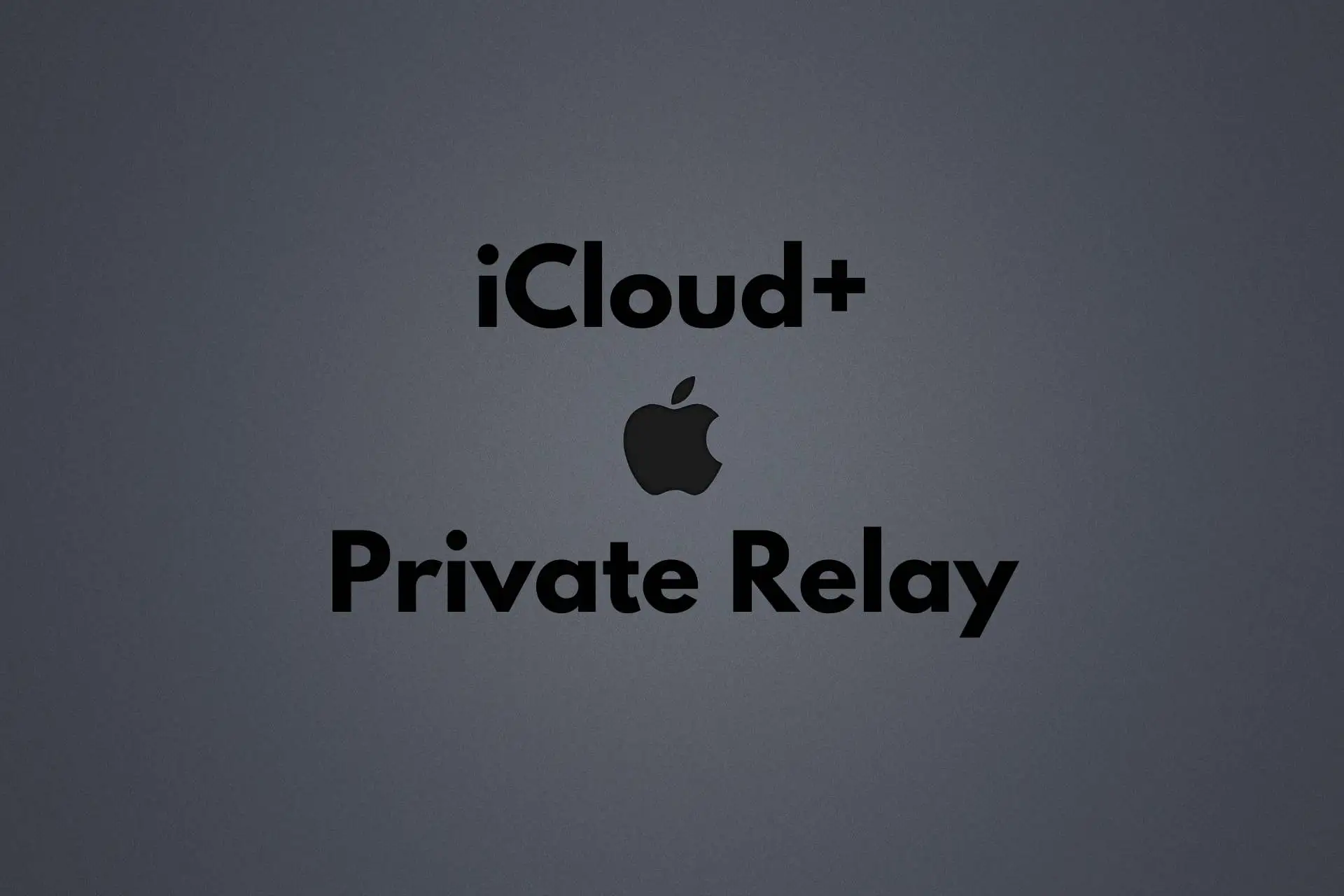
Apple decided to advance its Internet privacy focus by adding some additional features to its premium cloud service – iCloud Plus.
The features included are Private Relay – similar in many ways to a VPN, and Hide My Email – a burner email feature that allows you to create single-use junk email addresses and unlimited video storage for HomeKit-enabled home security cameras.

Access content across the globe at the highest speed rate.
70% of our readers choose Private Internet Access
70% of our readers choose ExpressVPN

Browse the web from multiple devices with industry-standard security protocols.

Faster dedicated servers for specific actions (currently at summer discounts)
iCloud+ combines everything customers love about iCloud with new premium features, including iCloud Private Relay, Hide My Email, and expanded HomeKit Secure Video support, at no additional cost.
One nice thing about these iCloud Plus features is that they’re going to be built into iCloud and will be available for the same prices that Apple is currently charging.
Of all of the above, Private Relay seems to be the most interesting one. And while it’s not technically a VPN – as Apple also implies – it does act in a similar fashion by adding an extra layer of privacy and security while you’re browsing the internet.
Private Relay is a new Internet privacy service that’s built right into iCloud, allowing users to connect to and browse the web in a more secure and private way.
While many will view Private Relay as a built-in iCloud Plus VPN feature, it’s also worth mentioning the differences between this so-called VPN and other traditional standalone VPN services with an old presence on the market.
Since the feature isn’t officially out yet, we don’t know all the technical details about it. Nor can we personally test it to see how it compares to other already-known VPNs based on performance or on what it offers.
We know that you are just as curious as we are about how Private Relay will look like. But unfortunately now it’s only in the implementation phase as part of the new iCloud Plus cloud service which will arrive later this year.
Until that happens, let’s take a look at some additional details regarding Private Relay and see in what ways it’s similar to a VPN. We will base this on the information Apple has already provided and also find out where it will be available once it is officially available.
Does iCloud Private Relay hide your IP?
Yes, iCloud Private Relay hides your IP address. However, it does so when you browse using Safari. When you enable it, your browsing activity will also stay hidden.
This means that the websites you access won’t be able to detect your IP address. However, you have the option to send information about your location and timezone to websites that request it.
It also encrypts traffic and keeps your DNS queries private, but it won’t be able to change your virtual location or assign you a virtual IP address as a VPN does.
Private Relay – new iCloud Plus VPN feature
This year’s Apple Worldwide Developers Conference (WWDC) kicked off with a clear focus on privacy, with Apple announcing some new products and features that will challenge the digital-advertising industry.
Privacy is more important than ever, because when you use the internet and third-party apps, you can be tracked by a complex ecosystem of data brokers and ad tech firms, often without your permission. – Craig Federighi
In addition to certain updates, the company announced the introduction of new features this year. They will help users control how third parties use their online data.
Private Relay piqued the interest of many. And that’s for good reason since the feature will most certainly be a great privacy innovation that will crack down on digital fingerprinting by preventing advertisers from tracking web usage on the Safari browser and accessing potential consumer’s IP addresses.
Many already consider Private Relay a VPN and while this is true to some extent, it actually appears to be more powerful as far as security and privacy are concerned.
What does Private Relay offer?
What’s unique about Private Relay is that it both anonymizes your identity and secures your data by routing your Internet traffic through two relays so that no party would be able to access your browsing data, not even Apple.
More specifically, it uses a dual-hop/relay architecture. So, when you visit a certain website with Safari, Private Relay will take your IP address since it needs it to connect you to that specific site and also the URL of the same website.
However, it also encrypts the URL of the website so that Apple won’t find out what site you are visiting. After that, your IP and encrypted destination URL will travel to an intermediary relay station operated by a third-party trusted partner.
Before arriving at the relay station, your IP address will be anonymized and randomized, and therefore, the relay partner won’t be able to identify you.
Furthermore, at the relay station, the destination URL is unencrypted so that the third-party partner can send you to the website you want to visit.
Because of this two-relay/dual-hop system, Apple knows who you are but doesn’t know where you’re browsing while the third-party knows where you’re browsing but doesn’t know who you are.
As also described in the paragraph below from the Apple website, you are completely anonymous and safe on the Internet, no matter where you are or what you visit.
When browsing with Safari, Private Relay ensures all traffic leaving a user’s device is encrypted, so no one between the user and the website they are visiting can access and read it, not even Apple or the user’s network provider.
With all this in mind, iCloud Plus’ Private Relay can be a good option for the privacy concerned and for those who don’t want their activity tracked either by advertisers or other third parties for other unknown reasons to the common Internet user.
How does Private Relay differ from other VPNs?
Both Apple’s Private Relay and other traditional VPN services mask your IPs in order to anonymize your identity and conceal your online activity while also securing your data by rerouting your traffic through secure tunnels.
However, Private Relay provides greater privacy and security by doubly rerouting and encrypting all traffic that leaves your devices via its double-hop architecture.
When you connect to a VPN server, your traffic routes through that VPN service provider’s servers instead of your ISP one, so you actually entrust those VPN companies with protecting your identity.
On the other hand, when you turn on Private Relay, not even Apple will be able to see your browsing activity. This certainly adds an extra layer of trustworthiness on the part of the user.
One of the main reasons why conventional VPNs are used – in addition to the ones described above – is because they allow you to bypass geo-blocking, that is, they assign you a new IP address depending on the location of the server to which you connect.
Therefore, if you want to access a certain website, use a streaming service or download an app that is unavailable in your country or region, you can connect to a VPN server in a location where these services are available, and thus, you will manage to circumvent geo-restrictions effectively.
As far as Private Relay is concerned, it also assigns you an anonymous and random IP address that maps to your region but not your actual location.
However, with the current information at hand – we don’t know whether things will change in the future – Private Relay will not allow you to route your traffic through a server in another country as a VPN does, so for now you shouldn’t expect this feature to help you with geo-blocking.
The bottom line is that Private Relay’s goal is to obscure users’ online browsing habits from ISPs, ad servers, or other third parties interested in creating profiles based on gathered information, while the other VPNs are more concerned about bypassing geo-blocking.
Is Private Relay worth it?
Apple’s iCloud Plus cloud service really made the news with its new privacy-centric features that are yet to be available to users like you but rest assured that it won’t take long and you’ll get to enjoy them big time.
Unfortunately, when Private Relay comes out, it won’t be available in the following countries: China, Belarus, Colombia, Egypt, Kazakhstan, Saudi Arabia, South Africa, Turkmenistan, Uganda, and the Philippines due to regulatory and censorship reasons.
As to the users who live in countries where the feature will be available, you should definitely use it if you have an Apple device. The company really takes its pro-privacy stance very seriously, and it has proven this over time with its devices and software products.
Also, users can continue to use regular VPNs; moreover, they could run both their provider’s VPN and iCloud’s Private Relay at the same time.
Even if Private Relay is enabled, they can route their traffic through a third-party VPN if they wish to get over geo-restrictions.
In conclusion, Private Relay – which is mistaken for a conventional VPN – might become a rival for many VPNs on the market and also an enemy of trackers and other third parties that are used to create user profiles based on browsing activities for various reasons.
Just wait until the feature is out and you will see for yourself what lies in store for you. Anyway, we’ll keep you updated along the way.
Read our disclosure page to find out how can you help VPNCentral sustain the editorial team Read more




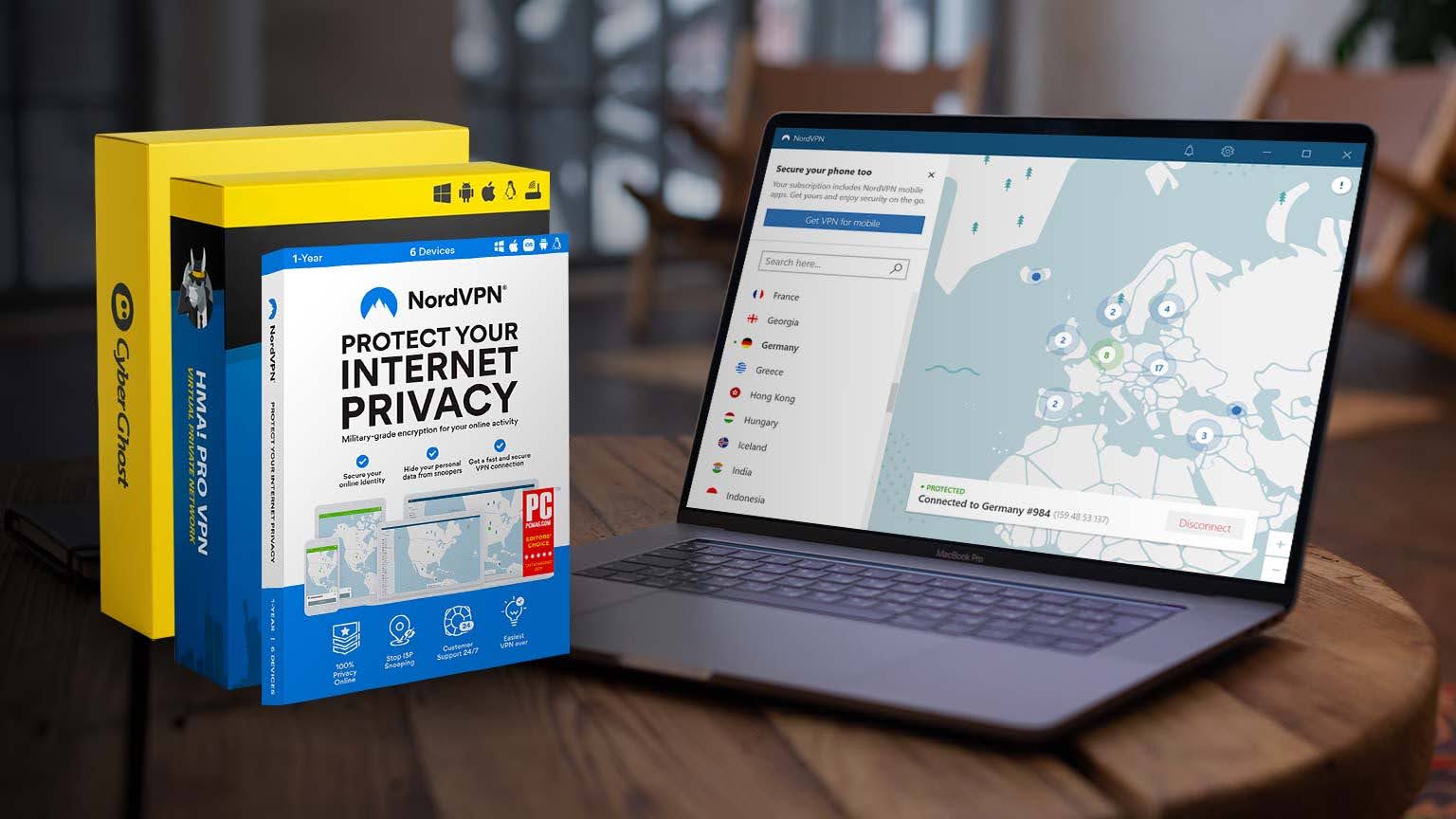
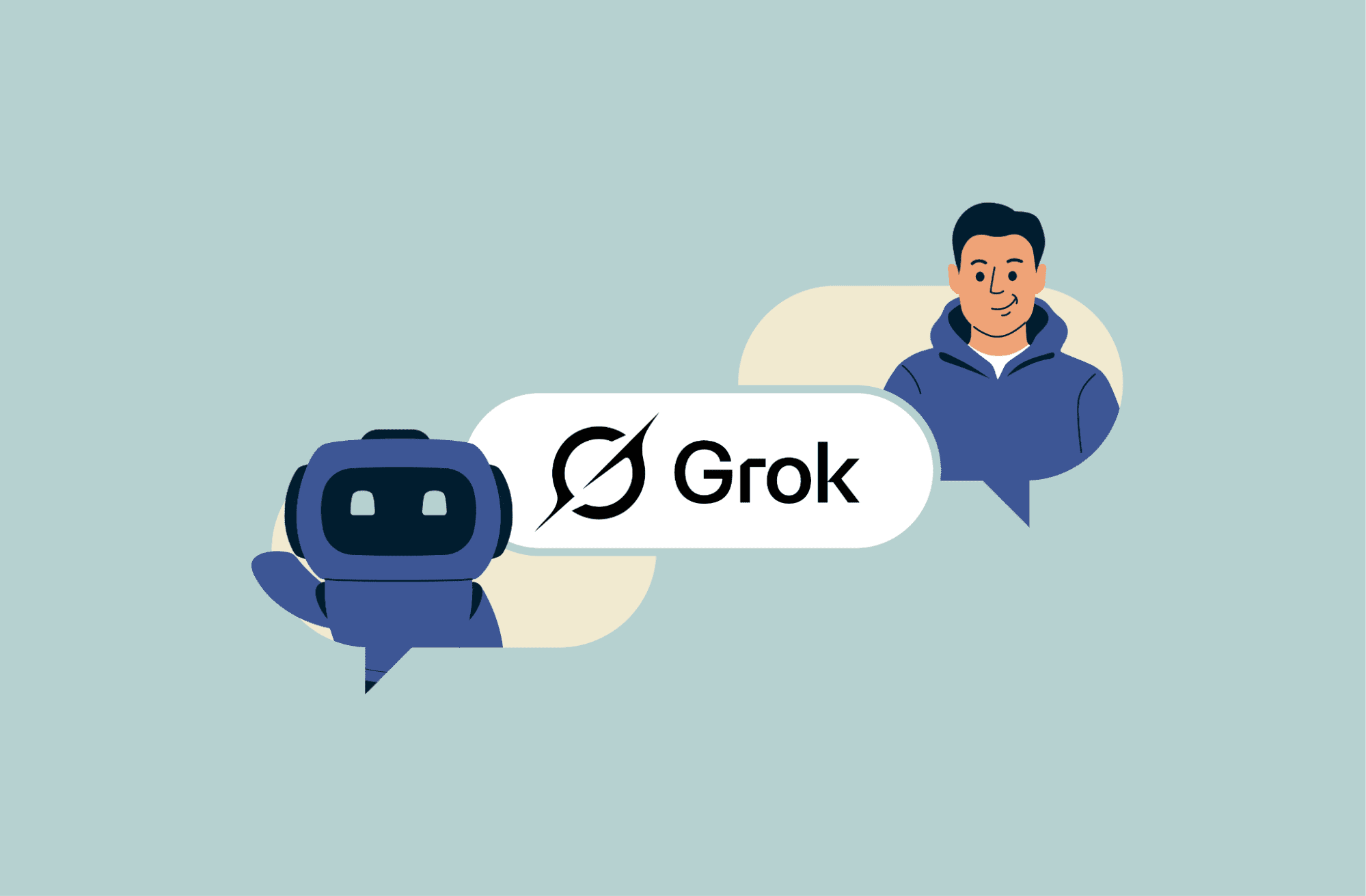
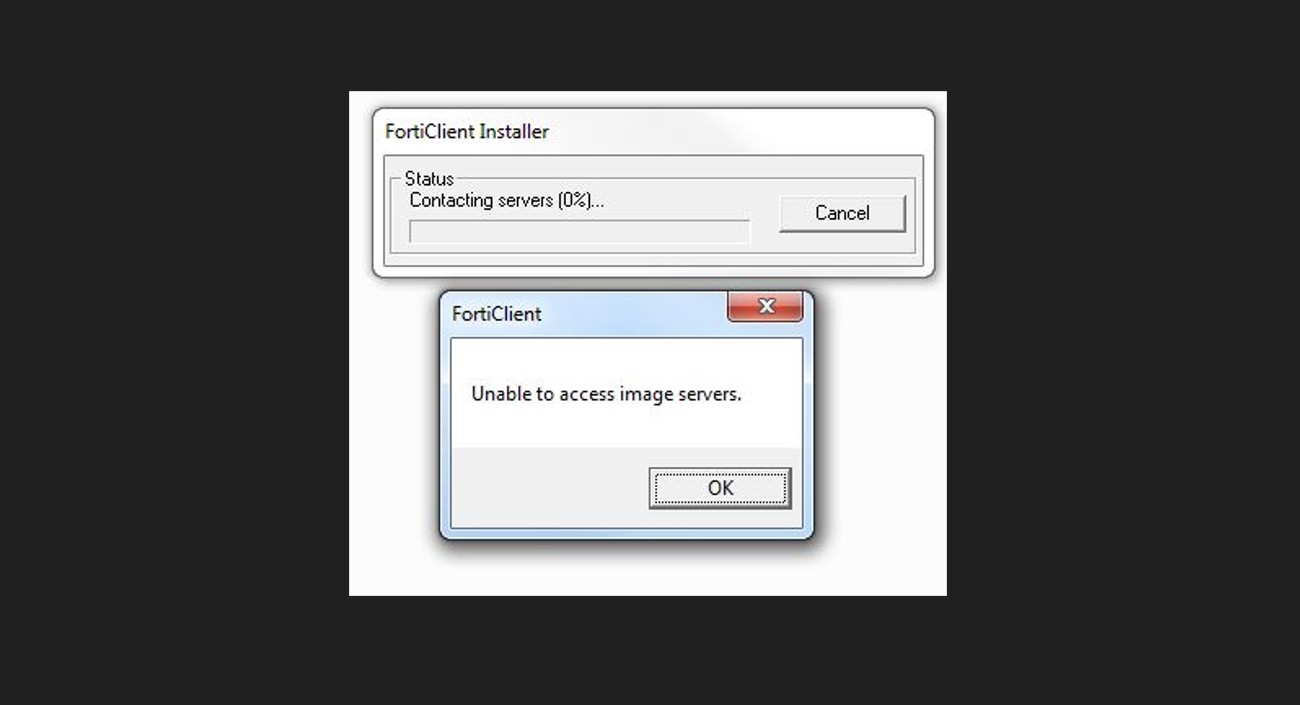
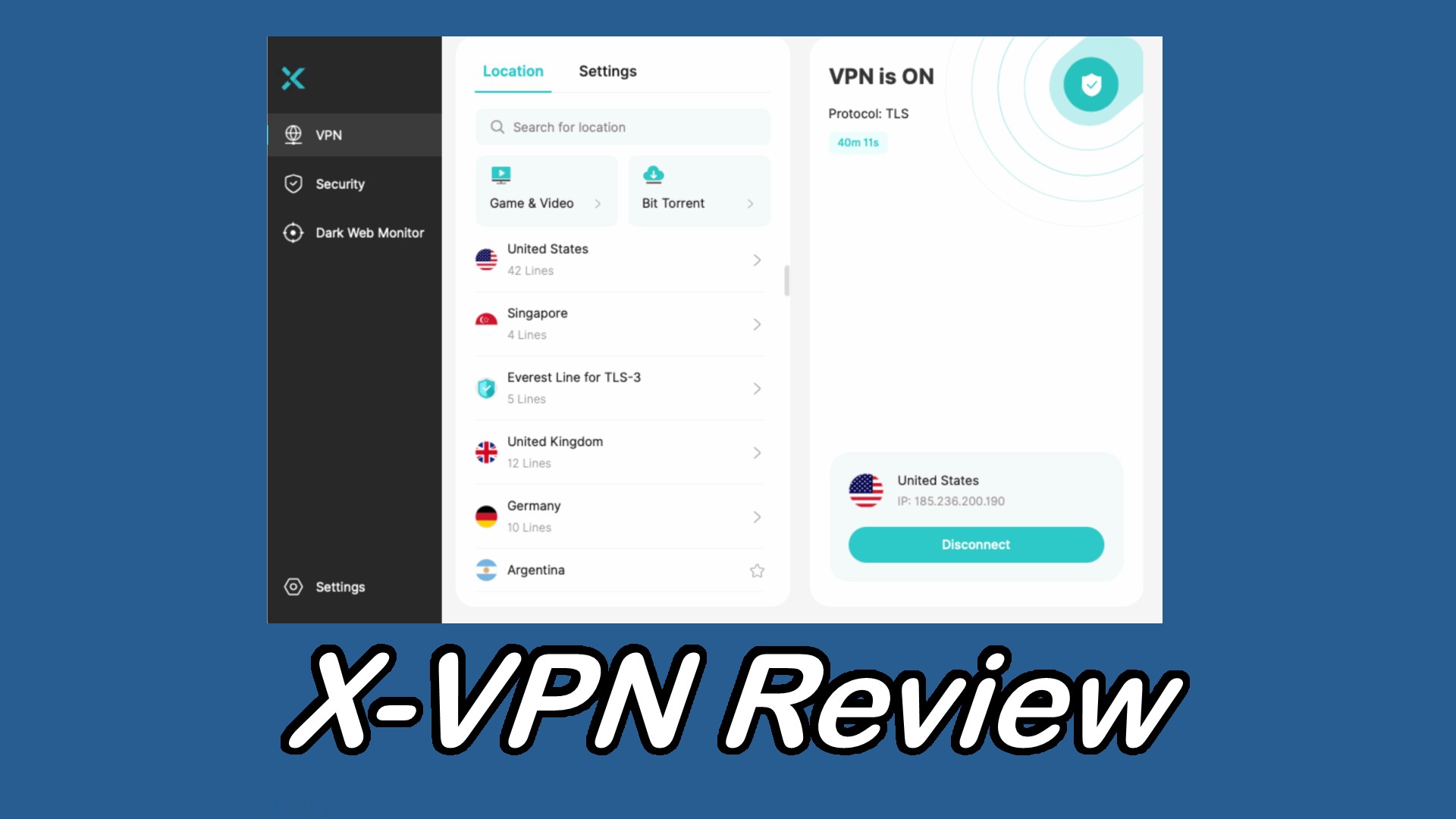
User forum
0 messages